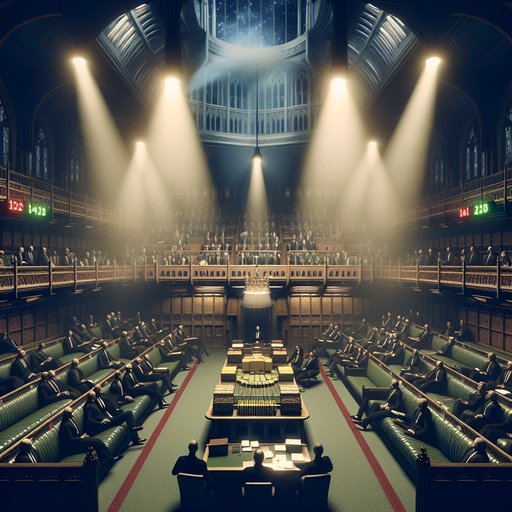
A pivotal moment has arrived for the field of gravitational wave research, as legislators weigh the prospects of cutting funding to a branch of science that has achieved historic breakthroughs in the past decade. Scientists and policymakers alike are closely watching budget negotiations amid concerns that proposed reductions could hinder further progress and innovation. As national spending plans are hashed out, supporters of the field highlight the far-reaching implications of these decisions, while budget hawks push for a reevaluation of funding priorities.
Gravitational wave science burst into the spotlight less than ten years ago with the first-ever detection of these ripples in spacetime, confirming a century-old prediction by Albert Einstein and marking a scientific turning point. The discovery energized the global research community and inspired a new generation of astrophysicists to pursue answers to some of the universe’s deepest mysteries. However, recent budget negotiations at the national level have put continued progress at risk, with lawmakers considering significant reductions to science funding, including allocations for gravitational wave observatories and research teams [1].
Supporters of gravitational wave research argue that the field's achievements have already yielded immense value, ranging from confirming the existence of black hole mergers to offering a new way of observing the cosmos. Many in the scientific community worry that even modest funding cuts could roll back progress, disrupt long-term projects, and undermine America's leadership position in physics and astronomy. At stake is not only ongoing research, but also the next wave of discoveries that could deepen humanity’s understanding of the universe.
On the other hand, policymakers advocating for budget discipline contend that a reassessment of spending is necessary given broader national fiscal challenges. They highlight mounting pressures to balance support for scientific endeavors with critical needs in other sectors. This tension has played out across multiple fields, as schools and other public institutions have also faced uncertainty with potential budget cuts, generating a wider debate about how best to allocate limited public resources without stifling innovation or public welfare [2].
Despite looming uncertainty, gravitational wave scientists remain optimistic that constructive dialogue with lawmakers can preserve the momentum of recent years. Efforts are underway to educate legislators and the public about the significance of continued investment in fundamental research. While final funding levels have yet to be determined, researchers hope that their work will be recognized as an essential component of national scientific advancement and an inspiration for future generations eager to unlock the secrets of the cosmos.
























